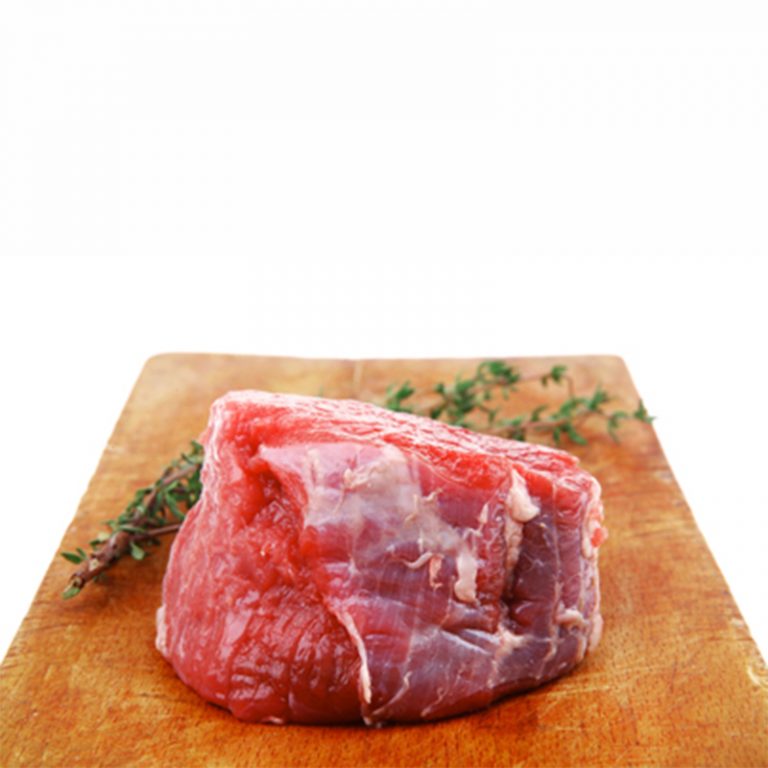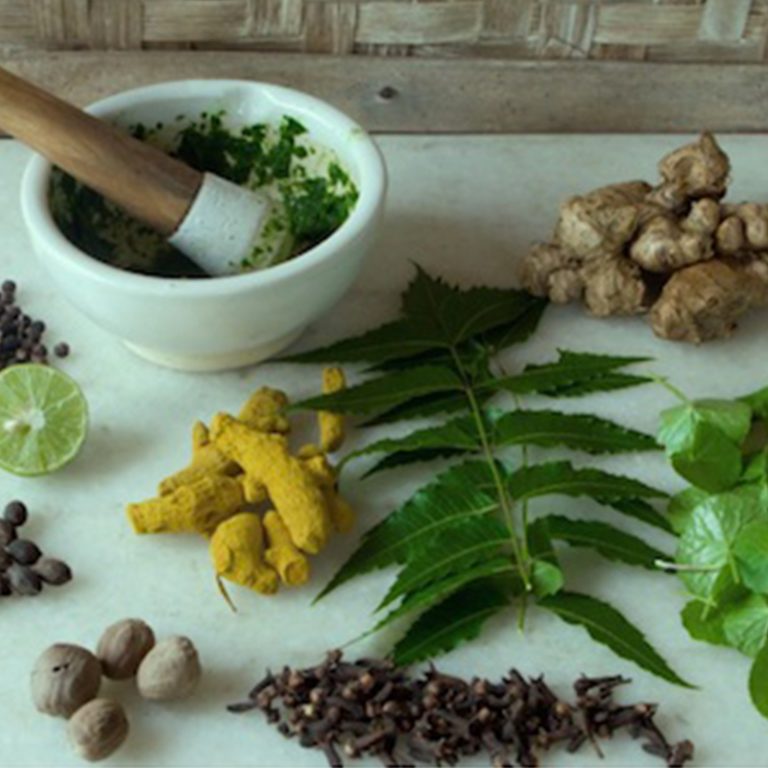Salt And Sugar – The Good, The Bad And The Ugly
Even in the most orthodox medical circles, there is mounting pressure for food manufacturers to decrease radically the amount of added salt and sugar used in processed foods. It is now well known that too much sugar can cause insulin resistance, obesity and diabetes, and excessive salt can lead to heart failure, heart attack and stroke. Sugar, salt and fat are the three main pillars of food processing. They greatly increase consumption by adding flavour and attraction to everyday foods, but at a huge cost to health. I was recently told of research in America which has shown that whereas the average daily intake of salt was around 3 grams per day, this has now risen to about 11 grams. The situation with sugar is equally startling: a typical 12 ounce can of fizzy drink contains 10 teaspoons of sugar; it is common for young Americans to consume three cans per day.
Ayurveda has long advocated taking salt and sugar in equal proportions in order to balance electrolytes in the body, but when these are introduced into foods in variable quantities the taste-buds are unable to recognise their presence, even though they may make the food appear more palatable, with the result that people continue to eat and eventually lose control of their intake. The electrolyte balance is lost and fluid retention is frequently the result, particularly in women. The lymphatic system will inevitably become blocked and the metabolism will slow down, making the body feel lethargic, heavy and bloated. Add to this the fact that processed foods are sadly deficient in nutrients, and what started out as a matter of convenience becomes a hazard to health.
The truth is that salt, sugar and fat are all essential to human life but care needs to be exercised with regard to their quality and the manner in which they are used. For example, rock salt contains as many as 92 essential minerals, whereas typical table salt contains only two. Rock salt is one of six different types of salt used in India; because of its different mineral content it does not cause irritation, fluid retention or skin problems. When correctly used it balances excess fat.
Fruits, vegetables, beans, nuts and whole grains contain sugars, but what makes this type of sugar different to the simple sugars which we add to foods is the presence of fibre which slows down the absorption of sugar, preventing a spike in blood sugar levels. When sugars are found naturally in whole foods they are complete with vitamins, minerals, protein and fibre.
The simple message here is: don’t deprive your body of these essential items, but do take care with regard to where you get them from and the manner in which you consume them.

*Discover holistic healing with a complimentary phone or video consultation from our expert Ayurvedic practitioner. Start your path to better health today!*























